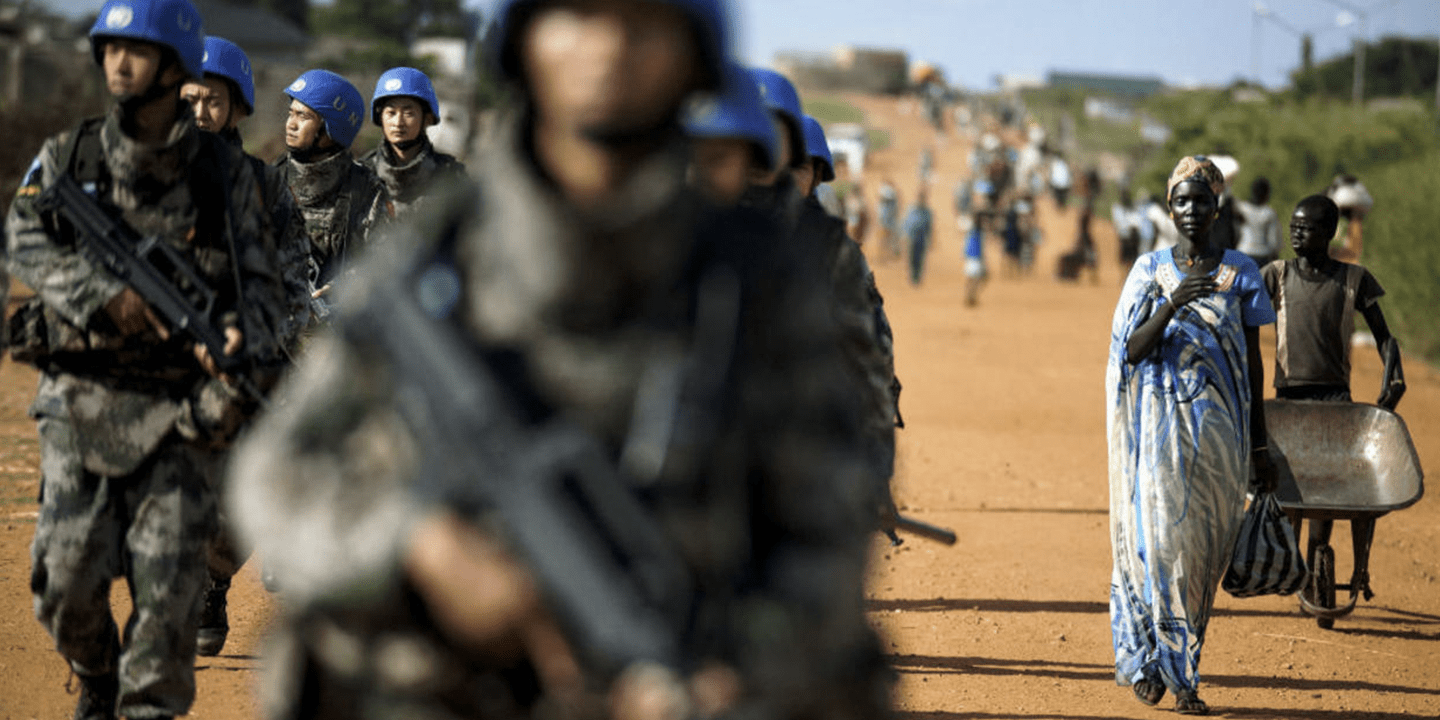

Over the past few years, the Global Centre has sought to understand the gaps that lead to failure in effectively protecting populations from mass atrocity crimes during peace operations. Recent failures to respond to early warnings in South Sudan, Democratic Republic of Congo, Central African Republic and elsewhere have adversely affected the ability of peacekeepers to prevent or halt mass atrocity crimes. These failures highlight the need to develop the capacity of peacekeeping personnel to conduct threat assessments that take into account the risk factors for atrocity crimes. R2P or the atrocity prevention lens can enhance peacekeepers’ understanding of the nature of the threat to populations [such as routine criminality versus identity-based violence] and the patterns that could be a precursor to atrocities.
The Global Centre has worked towards addressing these gaps through a number of activities aimed at improving threat assessments and sensitizing policy makers and peacekeepers to the importance of identifying early warning signs for atrocity crimes. Through workshops, developing and conducting trainings, and further engagement with the UN, the Global Centre has developed a new approach to assessing the threat to populations in a peacekeeping context.
Since 2015 the Global Centre has organized multiple workshops and conferences on R2P and civilian protection with UN peacekeeping being a central theme in many of these discussions. Through these discussions, one of the gaps identified was the failure of UN peacekeepers to consistently prevent atrocities because of a lack of timely analysis regarding the possible commission of atrocity crimes.
During 2017 and 2018, with the generous support of the government of Canada, the Global Centre brought together international experts in the field of peacekeeping and POC to further explore this gap. Through examining recent cases, such as South Sudan, Central African Republic, and the Democratic Republic of Congo, these workshops highlighted the absence of systematic assessments to evaluate the level of threat faced by civilians. The assessments that do take place often do not take into account the risk for atrocity crimes. During these workshops we also explored different models and best practices for training that can make peacekeepers more effective in the field.
One of the ways in which the Global Centre has addressed gaps in threat assessments conducted by UN peacekeepers is through facilitating trainings on the responsibility to protect.
During 2012 the Global Centre partnered with the Kofi Annan International Peacekeeping Training Centre (KAIPTC) and the government of Denmark to launch a course on R2P aimed at African practitioners from the security sector that has been held annually since 2014.
Since 2018 the Global Centre has been facilitating regional Training of Trainers courses at peacekeeping training centres around the world. The Global Centre has developed an interactive training course aimed at introducing participants to the Responsibility to Protect and the atrocity prevention lens. Throughout the ToT the trainers participate in activities with the objective of assessing the threat of mass atrocity crimes in various scenarios and determining an appropriate course of action within the mandate of a peacekeeping operation. The course improves upon their existing understanding of threats by training them on how to understand the nature of the violence that populations are facing and how to calibrate an appropriate operational response.
Since 2016 the Global Centre has worked with member states to encourage governments to sign on to the Kigali Principles for the Protection of Civilians. To this end, during May 2016, the Global Centre organized a pledging event for the Kigali Principles in May 2016 entitled “The Future of Civilian Protection in Peace Operations: Endorsing and Implementing the Kigali Principles.”
The Kigali Principles on the Protection of Civilians are a non-binding set of eighteen pledges for the effective implementation of the protection of civilians in UN peacekeeping. The principles emanated from the High-level International Conference on the Protection of Civilians held in Rwanda on 28 and 29 May 2015. The Kigali Principles address the most relevant aspects of peacekeeping, including assessment and planning, force generation, training and equipping personnel, performance and accountability. While they are framed around the protection of civilians, the principles address broader deficiencies that undermine the effectiveness of peacekeeping operations conducted in volatile situations, including peacekeeper abuse. To date, 50 UN member states have endorsed the Kigali Principles.
Ralph Bunche Institute for International Studies
The Graduate Center, CUNY
365 Fifth Avenue, Suite 5203
New York, NY 10016-4309, USA